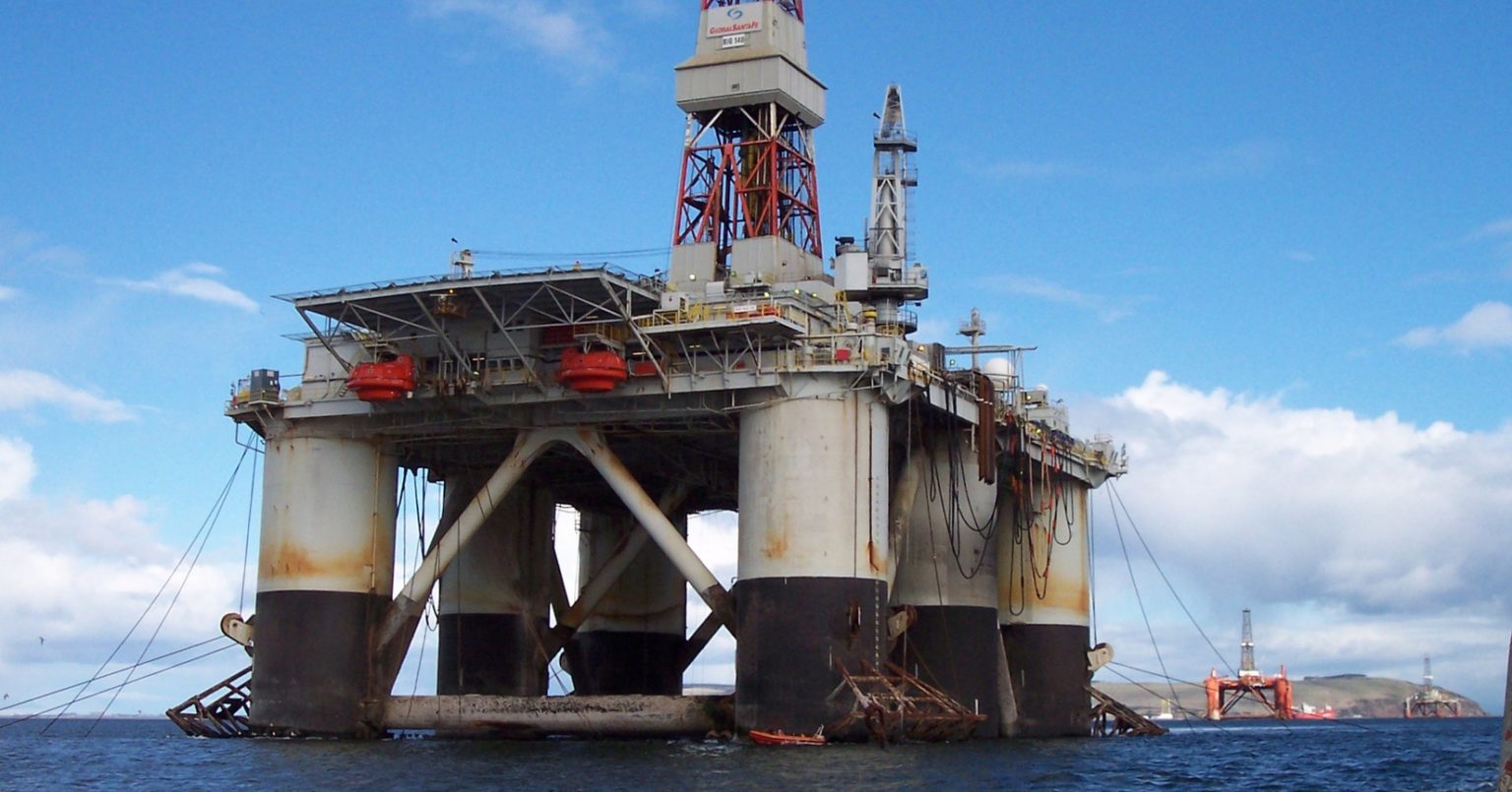Oil giants Shell, Statoil and BP have been awarded exploration licenses for new areas of the North Sea, just weeks after declaring their commitment to tackling climate change.
The UK Oil and Gas Authority (OGA) awarded 25 licenses as part of its 29th licensing round. The 29th round was the first to focus on under-explored ‘frontier’ areas around Rockall Basin, the mid-North Sea and around East Shetland.
Statoil received six licences to explore around East Shetland. Five licences were awarded in partnership with BP, and one in partnership with ExxonMobil.
Shell was also awarded two licences, partnering with BP for one.
Earlier this month Statoil released a ‘climate roadmap’, which it claimed would “further strengthen Statoil’s industry leadership in climate performance”. The same week, Shell’s chief executive told an industry audience that public acceptance for a fossil fuel based energy system was waning, threatening the industry’s status quo business model.
The licences do not automatically guarantee the right to drill — companies must jump through administrative hoops including conducting an environmental impact assessment first. But their interest suggests they have no intention of ending their North Sea oil activities any time soon.
The OGA received considerable interest in the blocks offered in the 29th licensing round, with 24 companies applying for the 133 blocks that were up for grabs.
It said it expects the next round, to be announced in the next few months, to be “the most significant in decades”. The 30th licensing round will focus on new blocks in mature fields.
Andy Samuel, OGA‘s chief executive, said in a press release that the licence awards were “testament to the value of a robust and focused exploration strategy” from the government and industry.
The OGA said the recent bids justified a £20 million government handout to the industry in the form of taxpayer funded seismic surveys. OGA made the data from the surveys available for free in the hope of drumming up interest in the North Sea’s ever depleting resources.
The government has given the industry around £2.3 billion in subsidies over the past three years.
A network of major energy companies and accountancy firms have successfully lobbied the government to secure ever more generous tax breaks as the industry winds down, thinktank InfluenceMap recently revealed.
Earlier this month, chancellor Philip Hammond announced further financial assistance to ensure companies ‘maximise recovery’ of North Sea oil and gas.
That included further tax breaks for decommissioning, which requires companies to plug wells and remove hundreds of thousands of tonnes of steel at the end of a project’s profitable life.
The OGA estimates around 5,000 North Sea wells are set to be decommissioned in the coming decades.
Campaigners are concerned that the government is misdirecting its focus on drilling the North Sea dry at the expense of securing the long-term future of communities that rely on the industry.
WWF Scotland director Lang Banks told DeSmog UK:
“Given the growing climate change threat, the opening up new areas for oil and gas exploration is not something we should be breaking out the champagne about.
“To reduce the risk of dangerous global climate change, science tell us that the vast majority of known fossil fuel reserves need to be left in the ground and not burned.
“What we really need to see is a concerted effort to create jobs from cutting carbon emissions. But, instead we’re seeing clean onshore wind and solar companies getting the rug pulled out from under them while the polluting oil and gas industry gets even more help to drill every last drop from under the North Sea.”
Mary Church, head of campaigns at Friends of the Earth Scotland, told DeSmog UK:
“Pursuing new frontiers of oil and gas at this stage in the climate crisis will make it much harder to turn the tanker around and avoid catastrophic warming. The short sightedness of Governments and oil majors working together to explore new fossil fuel sources in light of what climate science tells us is simply astounding.
“The Government should be working instead to plan for a transition away from North Sea oil and gas that is fair to workers and communities currently dependent on the industry, and the creation of plentiful new jobs in the green economy.”
Main image credit: Steven Straiton via Flickr CC BY–SA
Subscribe to our newsletter
Stay up to date with DeSmog news and alerts








